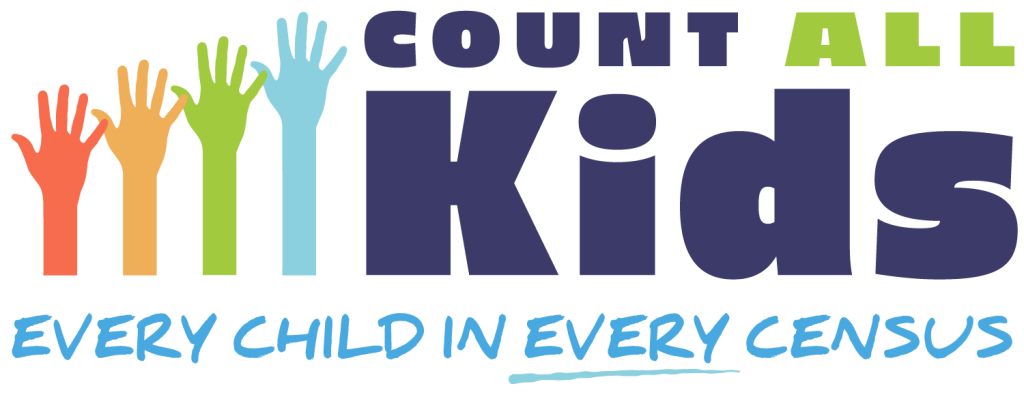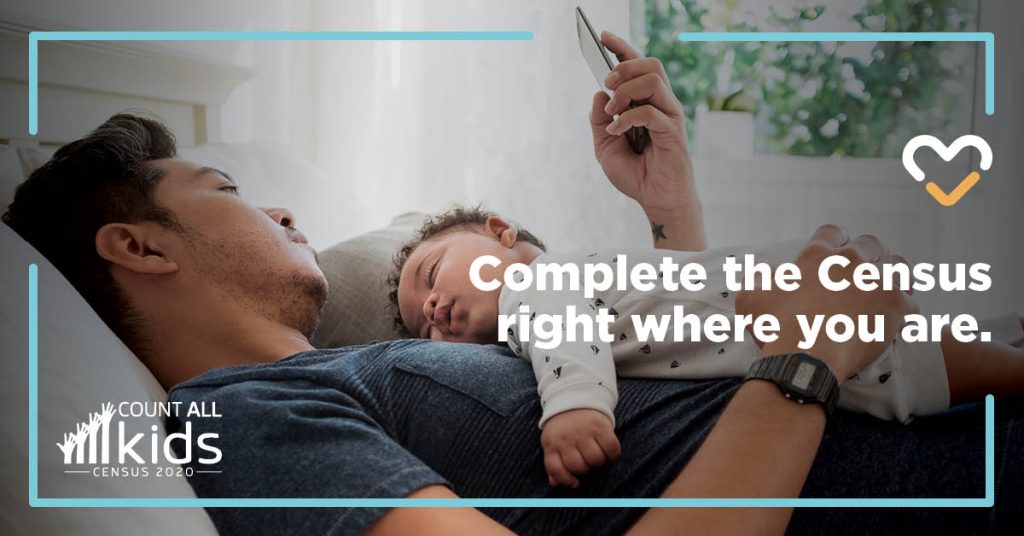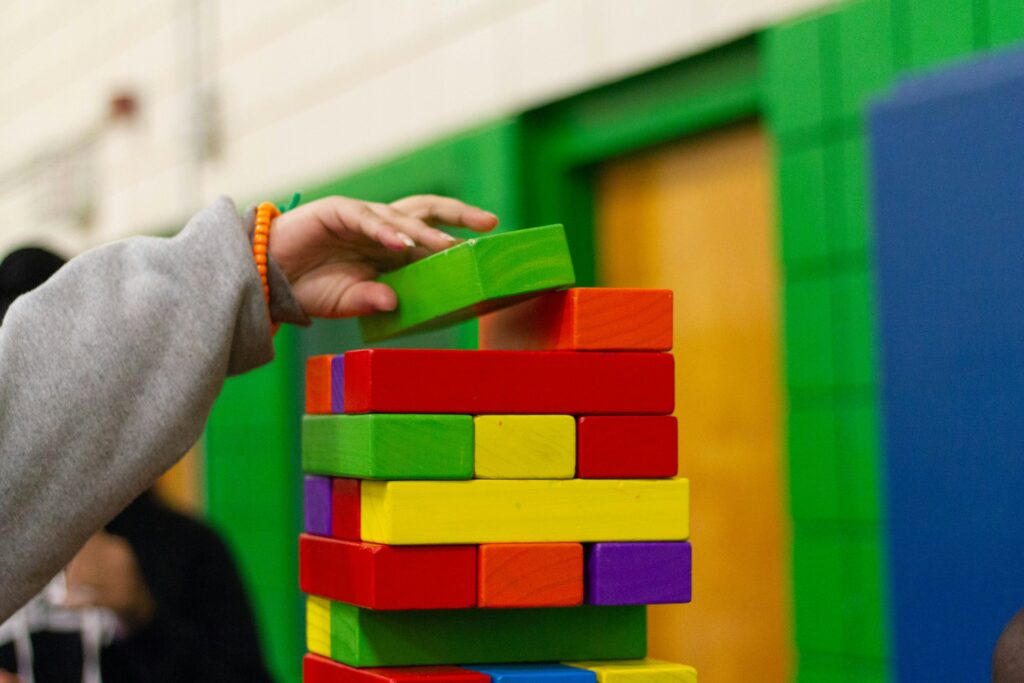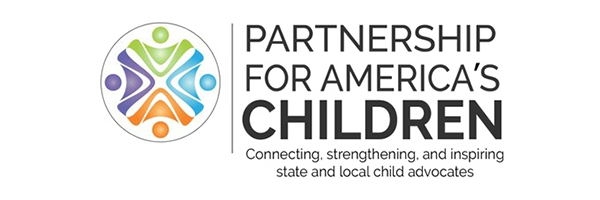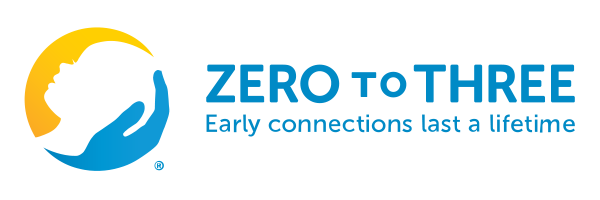Even during this time of uncertainty, we know one thing to be true: babies count. They count to their families, of course, carrying their love and hope. But as communities and our nation look to the future, babies are also our up-and-coming essential workers and first responders, our future thinkers, voters, policymakers and neighbors. In times of crisis and calm, what happens to them matters to our collective future. Join us this Baby Day, May 2nd, to make sure that all babies and young children are counted in the 2020 Census.
Infants and toddlers are counting on us to get this Census right. After all, the data collected in the 2020 Census will have an impact on all of us for at least a decade. For young children, that means almost their entire childhood. As the government plans for space in schools and hospital beds, babies need an accurate Census. As funding is allocated to essential programs and services that families rely on, including child care, home visiting, SNAP and WIC, babies need an accurate Census. Now and in the future, as the government responds to health and economic crises like COVID-19, every baby must be counted and included in those plans.
Unfortunately, young children are historically and dramatically undercounted. We missed almost 10% of children under 5 in the 2010 Census, and we know that the COVID-19 pandemic is already having implications for the 2020 Census. Given that field workers cannot be dispatched right now, the overall timeline for the count has been delayed until the fall. This time of social distancing also means that many families are not hearing how critical it is for them to fill out the Census and count their young children from the trusted messengers who can offer the most effective encouragement, like you.
As baby advocates, we want to make sure all babies get counted—but need your help! The Count All Kids campaign is making a big push to count babies on Baby Day, May 2nd. Here’s what you can do:
- Reach out to families: Use these materials to talk with families and let them know that babies count in the Census. Remind families that they should count everyone who was living in their home on April 1st:
- Help families determine if their babies should be counted. Babies born on or before April 1st, 2020 should be counted as part of the Census, even if they were still in the hospital on that date. Babies who were temporarily staying at a family’s address on April 1st without another permanent address should be counted, too!
- If a family forgot to count their baby, let them know it isn’t too late to fix it! Households that unintentionally left off a member of their household, including a baby, should resubmit their Census form in its entirety (in other words, don’t just count the people that you forgot to count). The Census Bureau will resolve any duplicate submissions.
- Spread the word on social media: Use the Count All Kids toolkit (there’s a special tab for National Baby Day!) to share with your networks and post on social media.
- Celebrate National Baby Day: Celebrate with us and encourage families to do the same. ZERO TO THREE and Count All Kids are setting aside time on May 2nd for families and early childhood professionals to join a conversation on Facebook about the importance of counting all babies in this Census.
- RSVP for the Facebook event! At 4:01pm EDT (get it, because Census Day was April 1st?), reserve some time to help spread the word to Count All Kids.
- Invite your networks to join the Facebook event. Once you RSVP, share the event with your friends on Facebook and encourage them to join in the fun!
The national response rate is lagging compared to this time in 2010. We need to take action now! We can make sure that all babies are counted by speaking with families today and spreading the word about the importance of the Census. This National Baby Day join us in amplifying the message that babies count.
